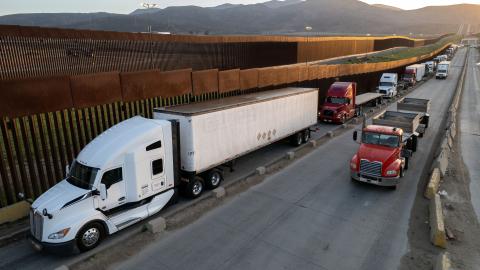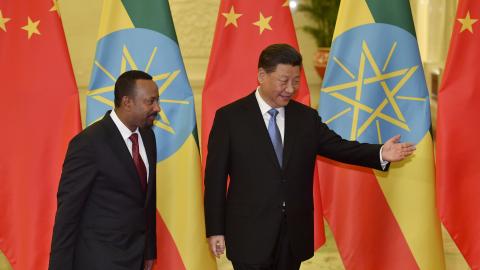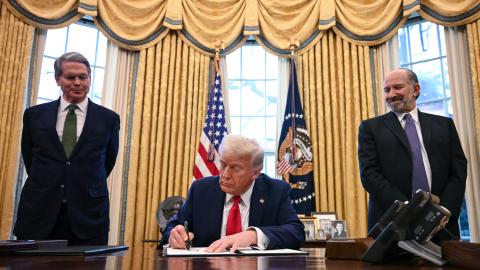It’s not a merry time of year for Russia’s firefighters. The Times reports
Russian firefighters and other emergency services employees face a bleak Christmas after they were told that their salaries would go unpaid.
The workers were advised to take out bank loans. “The ministry has no money,” an unnamed accountant at the emergencies ministry told Russian media. “We should get some money in January but how much, we don’t know.”
Russia’s economic woes are causing discontent and undermining President Putin’s assertion of financial stability.
When things like this start to happen, it’s a sign that the foundations of a government are weakening. These signs should encourage the West to keep tightening sanctions on Russia, wage economic war against Russian corruption and money laundering, shore up Ukraine, and stop letting Putin score any more cheap diplomatic victories abroad.
Lots of things could save Putin or give his regime an extended period—oil prices could go up, for example, or his Hail Mary diplomacy and overseas adventurism could keep scoring points against a divided West and a flatfooted Obama administration, boosting his sagging popularity at home. But the odds are against Putin’s grand strategy achieving the kind of success he needs, and if the West holds together reasonably well, the friction of continued economic pain will degrade and corrode the Putinocracy at home.
We shouldn’t think this course is without risks and costs. If and when the Putin experiment in adventurous kleptocracy fails, Russia will be angrier, poorer, more corrupt, and sicker than ever. A weak Russia that is beginning to fragment around the edges, and in which criminal syndicates operate without a strong central government, would be even worse for the rest of the world than what Putin has been up to.
The world needs a strong, united, and prosperous Russia. Gorbachev and Yeltsin (and the Western leaders of the day) failed to get that done in the 1990s, opening the door to Putin. Putin has made things significantly worse. People in the West, including Russian exiles and emigres, should begin to think about how, if and when Russia gets a second chance, the rest of us can play a more constructive role in the next high-stakes round of Russian state-building.
















